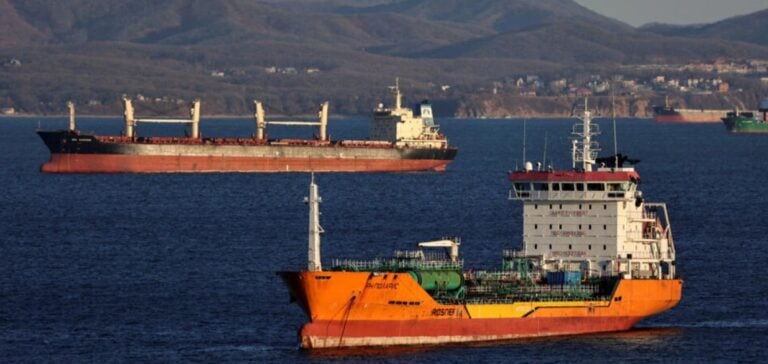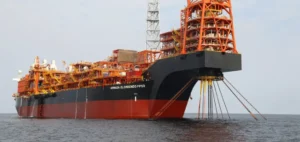Russia could use a fleet of LNG ships to circumvent Western sanctions, inspired by its own methods for transporting crude oil and petroleum products. Flex LNG pointed out that current sanctions on Russian LNG transport are limited, but that the US and UK have sanctioned Novatek’s Arctic LNG 2 project, with a planned production capacity of 19.8 million tons per year. The EU (European Union) is considering similar measures to restrict re-exports of Russian LNG from its ports. Developers of the Arctic LNG 2 project initially planned to build around 21 Arc7 ice-breaking LNG carriers to operate in icy conditions. However, the construction of these vessels has been hampered by sanctions, delaying the start of LNG production planned in phases between 2023 and 2026. Flex LNG suggests that Novatek could use existing vessels to meet export needs.
Demand for LNG ships
Currently, around 15 ice-breaking LNG vessels are serving Novatek’s Yamal LNG project. One potential scenario is that these vessels also carry Arctic LNG 2 cargoes to non-ice-covered waters for transshipment to conventional vessels. This would increase demand for LNG carriers, especially if the sanctions proposed by the EU are approved. Transactions on the second-hand market for old ships with opaque companies have intensified. Flex CEO Oystein Kalleklev said:
“This could potentially be the beginning of our dark LNG fleet…. They’ll have to do more ship-to-ship transfers.”
Little-known companies based in Vietnam, China and the United Arab Emirates have recently purchased older vessels, some at high prices.
Consequences of sanctions and dark fleet activity
Second-hand sales have multiplied as Russia has accumulated a large number of tankers via shell companies or in coordination with opaque companies since its invasion of Ukraine in February 2022. This strategy is designed to circumvent the Western oil embargo and the G7 price cap. A joint study by S&P Global Commodity Insights and S&P Global Market Intelligence revealed that 591 tankers had violated or were at risk of violating the sanctions, representing just over 10% of the world’s commercial fleet. Oystein Kalleklev warned that Russia plans to replicate this strategy for LNG. This warning comes as the EU discusses its 14th package of sanctions against Moscow, which could include measures to restrict re-exports of Russian LNG from EU ports.
Impact on markets and logistics
EU purchases of Russian gas and LNG have fallen from 155 billion cubic meters in 2021 to 80 billion in 2022, and just 43 billion last year. Although there is no EU-wide ban on Russian imports for the time being, member states will be able to decide individually to limit import levels.
Even if the EU drastically reduces its purchases of Russian LNG, cargoes will flow to willing buyers in Brazil, India, China and South Africa, resulting in longer shipping distances. This could increase ton-mile demand. Platts valued the rental rate for a Tri-Fuel Diesel Electric LNG carrier in the Atlantic at $36,500/day, and the rates for two-stroke carriers at $47,500/day on May 23.





















